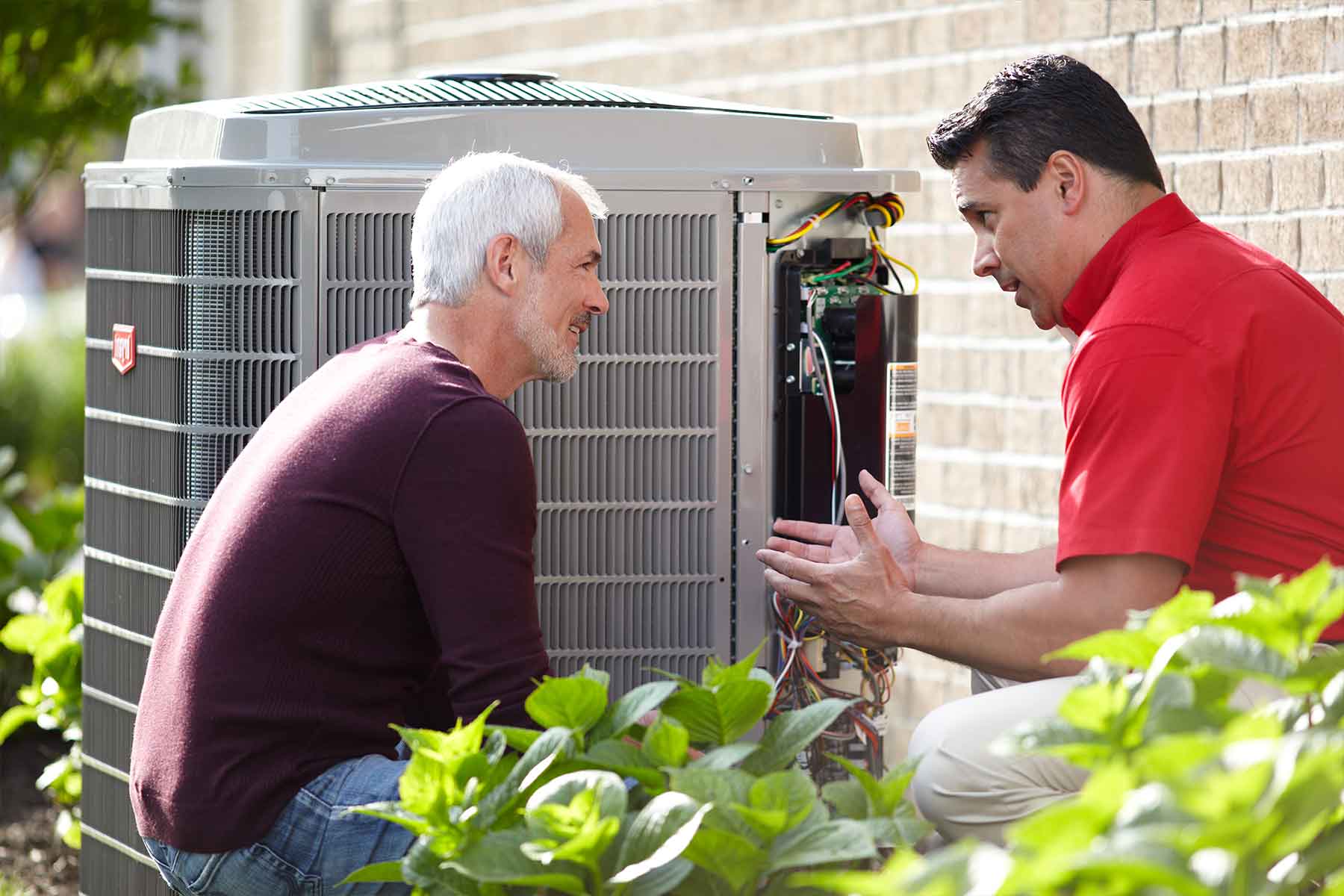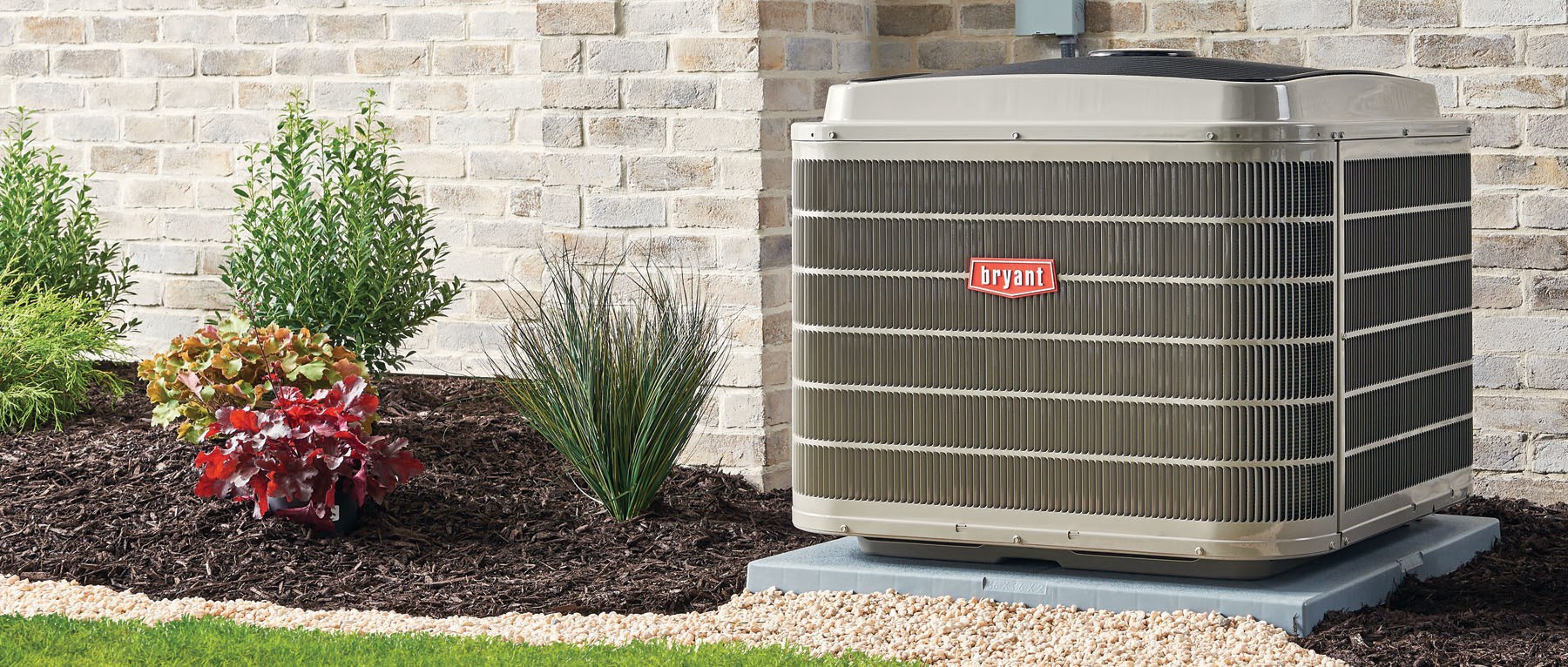Introduction
When it comes to residential and commercial HVAC systems, the importance of properly sizing your unit cannot be overstated. An incorrectly sized HVAC system can lead to a myriad of problems, including inefficient energy use, increased utility bills, and less effective heating and cooling. In this article, we will delve deep into the nuances of properly sizing HVAC units, exploring why size matters and how you can maximize efficiency with the right-sized unit. We’ll also discuss the role of local HVAC contractors, affordable HVAC services, and how to find “HVAC repair near me” or “emergency HVAC near me.”
Properly Sizing – Maximize Efficiency with the Right-Sized Unit!
What Does “Properly Sizing” Mean?
Proper sizing refers to determining the appropriate capacity for an HVAC unit based on specific factors such Find more info as square footage, ceiling height, insulation quality, climate conditions, and occupancy. A correctly sized system optimally regulates indoor temperatures while minimizing energy consumption.
Why Is Proper Sizing Important?
The Consequences of Incorrect Sizing
Oversized Units
- Frequent Cycling: An oversized air conditioning installation will cool a space too quickly but won’t remove humidity effectively.
- Increased Wear and Tear: The constant starting and stopping put a strain on components.
- Higher Energy Bills: More electricity is consumed due to unnecessary cycles.
Undersized Units
- Constant Running: Smaller units struggle to maintain temperature.
- Poor Air Quality: Inadequate ventilation leads to stale air.
- Higher Repair Costs: Continuous operation often results in emergency HVAC repair needs.
Factors Influencing Proper Sizing
1. Square Footage
The total area of your home or business plays a critical role in determining HVAC size requirements.
2. Ceiling Height
Higher ceilings require more powerful units as they increase the volume of air that needs cooling or heating.
3. Insulation Quality
Homes or businesses with poor insulation will lose heat or cool air quickly, demanding a larger system.

4. Climate Conditions
Regions with extreme temperatures need more robust systems compared to temperate zones.
5. Number of Occupants
More people generate more body heat; hence larger units may be required for crowded spaces.
How To Calculate Proper Size for Your HVAC Unit?
A popular method for calculating the right size is using BTUs (British Thermal Units). Here’s a simple formula:
For example:
- A room measuring 20′ x 20′ = 400 sq ft
- Required BTUs = 400 sq ft x 25 BTUs/sq ft = 10,000 BTUs
Choosing The Right System Type
Understanding whether you need an air conditioning installation or a furnace repair near me is crucial in ensuring you get the right-sized unit.
Types of Systems:
- Central Air Conditioners
- Heat Pumps
- Ductless Mini-Splits
Each has its own sizing requirements based on efficiency ratings and intended use cases.
Consulting Local HVAC Contractors for Expertise
Finding local HVAC contractors is essential when it comes time for installation or replacement. They offer invaluable insights based on experience:
FAQ Section
What happens if I install an oversized unit?
An oversized unit will cool your space too quickly without adequately removing humidity levels, resulting in discomfort and higher energy costs.

How do I find reliable “HVAC repair near me”?
Check online reviews, ask for recommendations from friends or family, and look for licensed local contractors who specialize in emergency HVAC repair.
What are some signs my HVAC system is improperly sized?
Signs include inconsistent temperatures throughout your home, high energy bills despite regular usage patterns, or frequent breakdowns requiring emergency service calls.
Why should I consider affordable HVAC services?
Affordable services allow homeowners to maintain their systems within budget while ensuring proper care that extends equipment life and efficiency levels.
How often should I schedule AC maintenance services?
It’s recommended to schedule professional maintenance at least once a year before peak seasons begin—spring for cooling systems and fall for heating systems.
Can I perform my own sizing calculations?
While DIY calculations can provide estimates, consulting professionals ensures accuracy tailored specifically to your residence’s unique characteristics.

Conclusion
In summary, understanding how to properly size your HVAC unit is paramount for maximizing efficiency within any residential or commercial space. It affects everything from comfort levels to operating costs—therefore investing time into this process pays off immensely over time! Always consult with local HVAC contractors who can provide expert guidance tailored just for you. Whether you’re searching online for “HVAC repair near me,” seeking out affordable HVAC services, or needing emergency assistance with heating and cooling services—prioritize proper sizing as your first step toward achieving optimal climate control in your environment!
By recognizing all aspects discussed here—from factors influencing sizes to consequences of miscalculations—you’re now equipped with knowledge necessary not only for selecting an ideal system but also maintaining its performance long-term!
